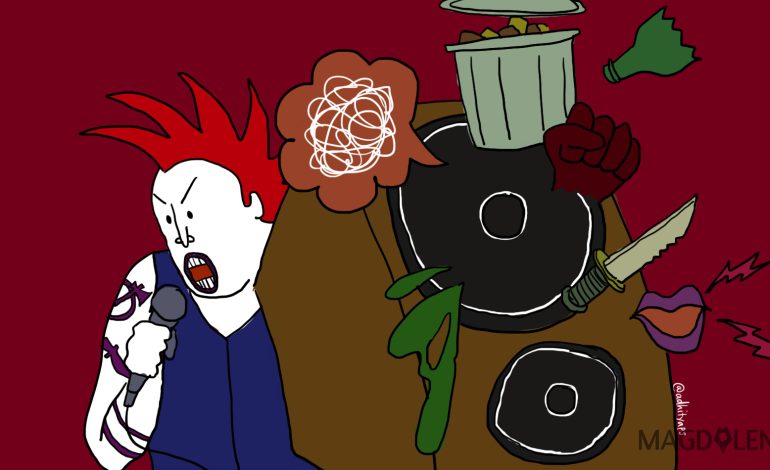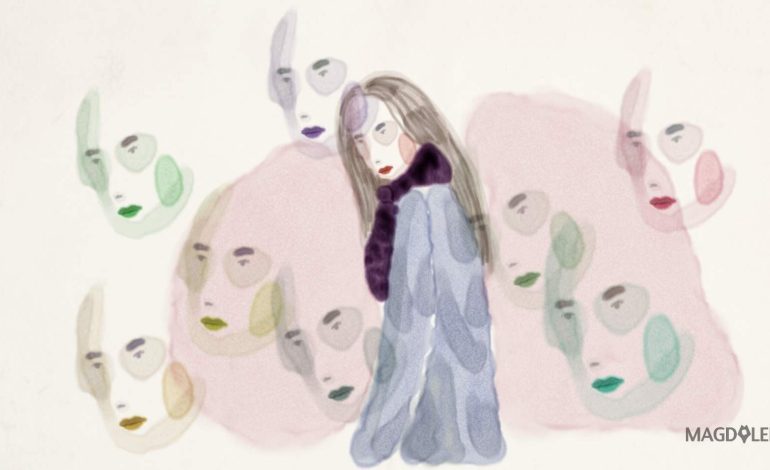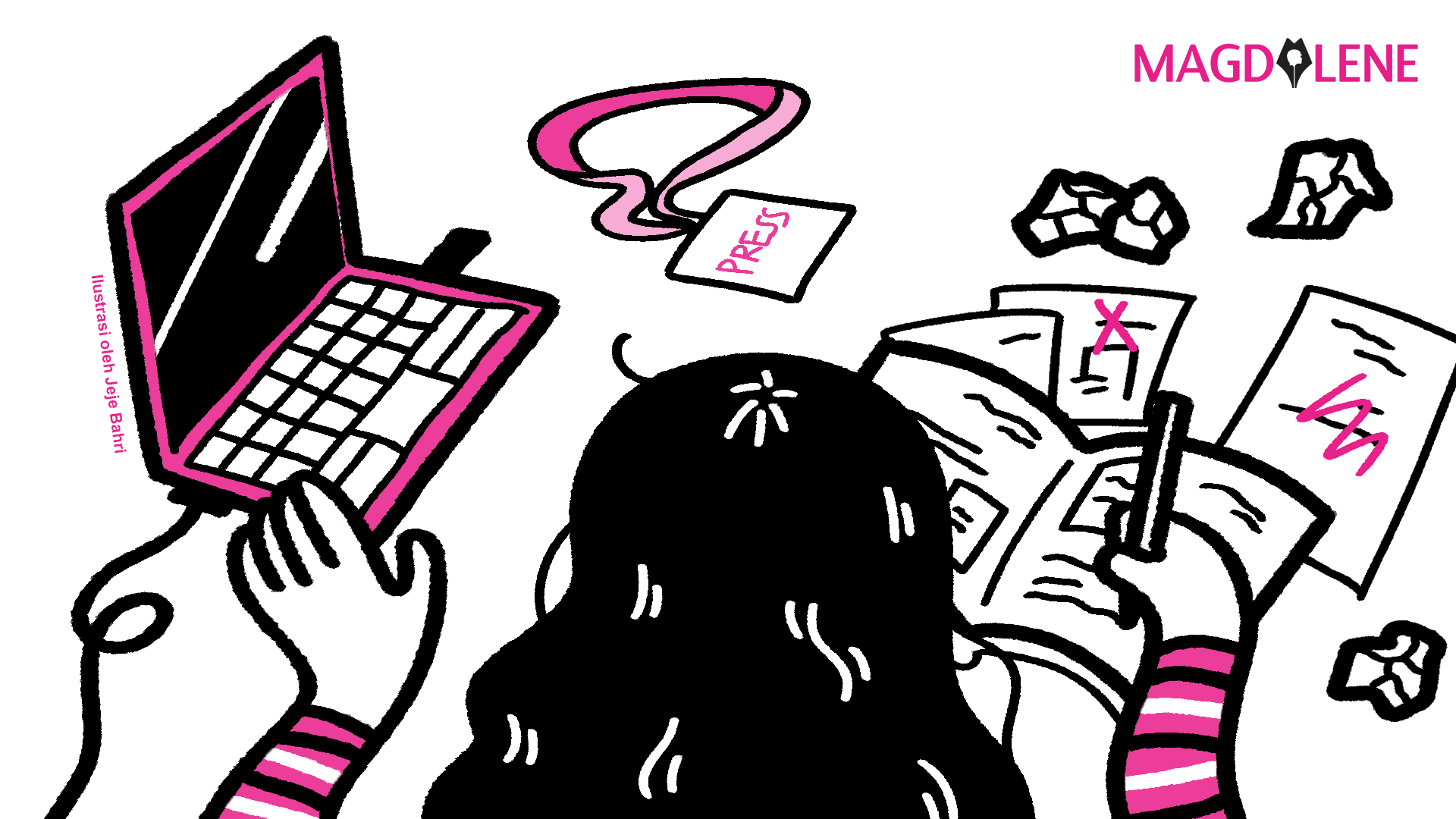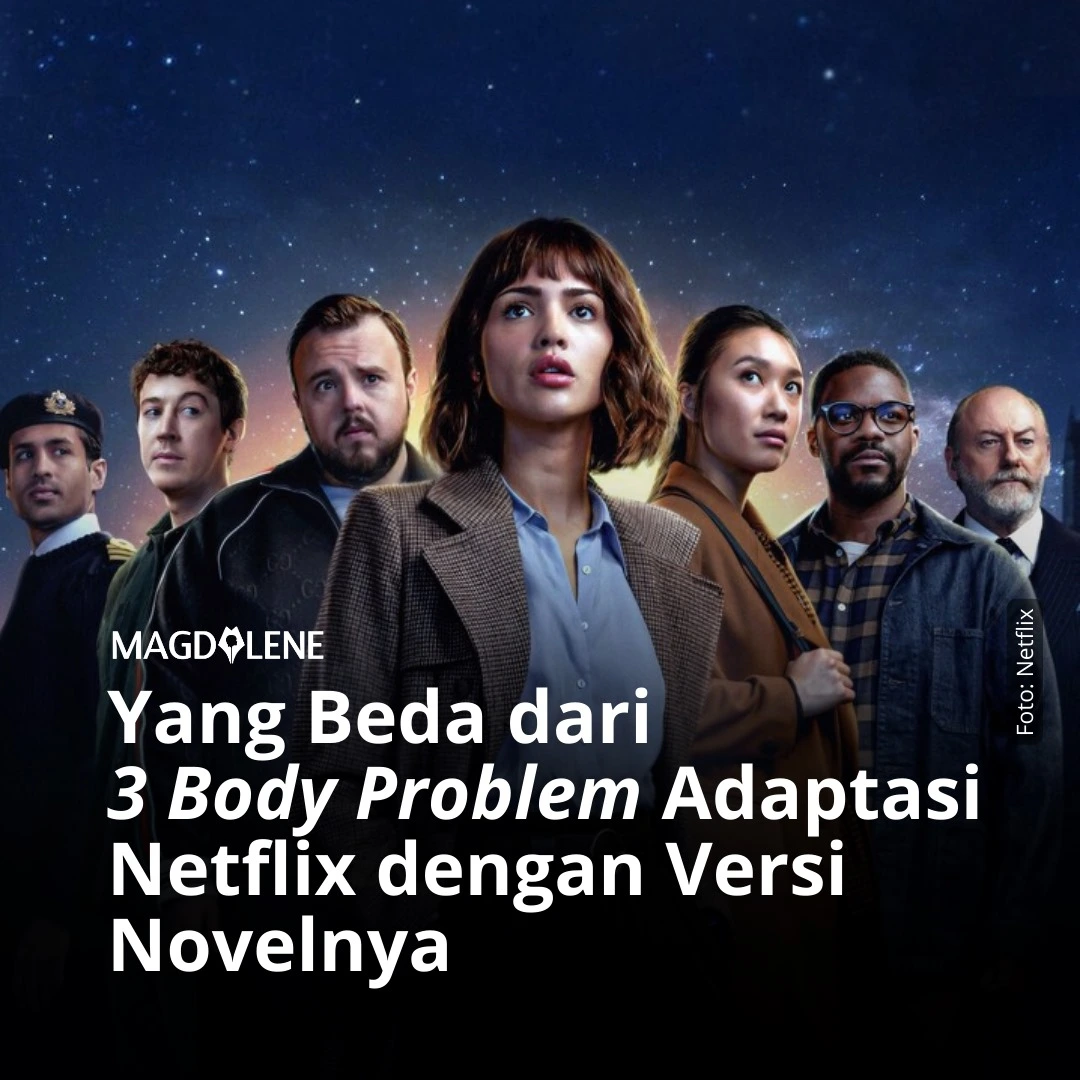How to Make Islam Compatible with Feminism and Vice Versa
Feminism can be compatible with Islam, Indonesian feminist Islamic scholars share their views.
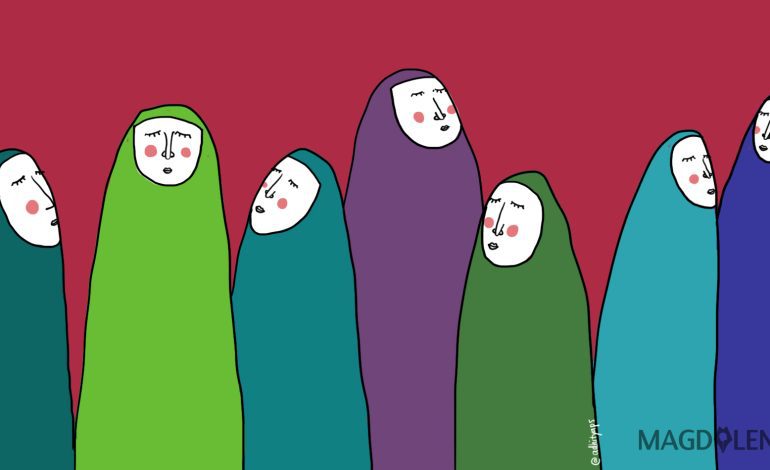
Muslim scholar and gender rights activist Neng Dara Affiah often feels that some of the teachings of Islam conflicts with the principles of feminism, which leaves her in a conundrum.
Many hadiths are misogynistic, and Kitab Kuning put women in the lowest hierarchy, after men and gay men, Neng said. She was referring to the collections of the reports purporting to quote what Prophet Muhammad said on any matter, and the classic (mid-century) Islamic jurisprudence text written in Arabic.
“But I’m incapable of abandoning the teachings of Islam. It feels like a betrayal. So I do what I call hybridization of both (Islam and feminism),” said Neng during last month’s lecture on Islam and Feminism held by feminist journal Jurnal Perempuan.
Hybridization means basing feminism on the Quran and hadiths, as well as Islamic jurisprudence, but with non-mainstream interpretation, she said.
The argument whether feminism is compatible with Islamic teaching, and vice versa, has been around for a long time. Some believe Islamic feminism is oxymoronic as the religion is deemed to place men as the superior gender. But others say Islam has the spirit of honoring women; rather, the issue is in the patriarchal interpretation of the religious text.
Globally, Islamic feminism movement has advocated women’s rights, gender equality and social justice grounded in an Islamic framework. This movement is rooted in Islam, but the pioneers have also utilized secular, Western, or non-Muslim feminist discourses.
Some of the champions of Islamic feminism are Moroccan writer Fatema Mernissi, Nobel Peace Prize laureate Shirin Ebadi from Iran, and American scholars Leila Ahmed, Asma Barlas and Amina Wadud. Wadud particularly shook up the Islamic world for breaking the laws by leading the prayer of mixed-gender congregation, a role traditionally reserved for men.
Here in Indonesia, there are the likes of former first lady Shinta Nuriyah, who attempted the reinterpretation of Kitab Kuning to be more women friendly; Islamic jurisprudence expert Musdah Mulia; Maria Ulfah Anshor who advocates for women’s sexual reproductive rights; feminist ulema Husein Muhammad; as well as Neng Dara.
Historically, Islamic women organizations in the country have attempted to adopt feminism, although some of them never embraced the term. All of these organizations, Neng said, felt the discrimination against women in the religious teachings.
The movement dated back to 1917 when Nyai Ahmad Dahlan founded Aisyiah, the women wing of the second largest Muslim organization in Indonesia, Muhammadiyah, which was established by her husband Kyai Haji Ahmad Dahlan.
Having studied in al-Azhar University in Cairo, Ahmad was influenced by the ideas of Egyptian scholar Muhammad Abduh, who is hailed as the earliest Muslim feminist scholar. Abduh adopted the concepts of feminism in his religious fatwas by, among others, banning polygamy and promoting the same share of inheritance between men and women.
In its congress in 1930, Aisyiah declared polygamy as moral shirk (the sin of deification or worshiping of anyone or anything other than the Allah). The focus of the organization, as with Muhammadiyah, has been education by opening many kindergartens and Muslim women schools, including Aisyiah University for women in Yogyakarta.
“There was ambiguity, however, in their movement. It banned polygamy but also prohibited women from having short hair and riding bicycle. They seemed to only want to adopt Western knowledge, but not the ‘lifestyle’,” Neng said.
The heyday of Islamic feminist movement, according to Neng, was during the period of colonial, which spread the enlightenment spirit of the West. Islamic women organization sprung in different regions, advocating the improvement of women’s rights, ranging from the eradication of illiteracy among women to a proposed amendment of Marital Law to improve women’s role in marriage and make it easier for women to file for divorce.
The New Order regime repressed religious organizations, but Islamic women’s organizations joined forces in one umbrella organization called BMOIWI (Conference Body of Indonesian Women’s Islamic Organizations). This federation played the role in reinterpreting the family planning concept, fighting to have women served as judges in religious court and as members of in the Indonesian Ulema Council, discussing the Marital Law, and so on.
The phenomenal organization is Fatayat NU of the largest Muslim organization Nahdlatul Ulama, a mass organization with gender perspective that initiated groundbreaking programs such as one that enhances religious boarding school (pesantren) and society (P3M). This program has given birth to women empowerment organizations like Rahima and Fahmina as well as a throng of Islamist feminists. All thanks to the initiatives of the late President Abdurrahman Wahid.
Thorniest Issues
Throughout the Islamic women’s empowerment movement in Indonesia, the very phrase of feminism has rarely been mentioned. The word gender has been more widely used.
Professor Musdah Mulia said many Muslims still attach a negative stigma on feminism and misunderstand the concept. And as Indonesian society becomes increasing conservative, feminism is seen by many as a Westernized concept and a movement that is deliberately created to destroy the faith of Muslims.
“It is deemed unsuitable with Indonesian culture. Feminism is considered as resistance against nature, animosity against men, rebellion of women against household obligation and the refusal of sharia,” said Musdah at the Jurnal Perempuan class.
The state has contributed a lion’s share to the stigma against feminism as a “heretical movement”, she said, because it threatens the ideology of ibuism promoted by the New Order that is still entrenched at the moment. State ibuism is a system in which the traditional role of women as wife and mother is adopted in the state order. It is embodied, for example, in the 1974 Marital Law that still stipulates men as the head of the family.
Neng Dara said that the issues of feminism that have been a major source of tension between feminists and religious fundamentalist groups are religious pluralism, abortion and LGBT.
“The thorniest issue for Muslim feminists in Indonesia, however, is LGBT. We are still stammering on this issue, not as sophisticated as Western feminists who can come up with theological argument to support LGBT. So far Muslim feminists in Indonesia can only come up with arguments that Islam is against violence and discrimination against other human being. But the theological support does not exist yet,” she said.
Musdah said there are the middle grounds for Muslim feminists and religious fundamentalists on the issue of Islamic feminism: the concepts of Tauhid, Khalifah fil ardh and amar makruf nahi munkar.
“The essence of Islamic risalah (scripture/treatise) is tauhid (the indivisible oneness concept of monotheism). It is the struggle to humanize human, to create moral creatures by upholding values of civility, justice, equality, freedom, peace and welfare,” she said.
“Islam also teaches the importance of respecting and honoring human beings, asking men and women to uphold the dignity of human to become khalifah fi al-ardh or moral agent. While amar makruf nahy munkar (embracing virtues, rejecting vice) is the attempts of transformation and humanization.”
Neng Dara said that for those who feel that feminism and Islam is conflicting, they need to understand that Islam glorifies knowledge and women, which can be framed as feminism.
Feminism comes in many spectrums, she said. It is multicultural and have different streams, which, if seen in entirety, will show a room for Islamic feminism, she added.
“Muslim does not have to subscribe to certain stream of feminism. The concept 30 percent quota for women’s legislative candidates in the legislative election, for example, is a concept of liberal feminism,” Neng said.
She said she finally found the most suitable concept that does not feel conflicting with her faith in cultural feminism, which emphasizes essential differences between men and women based on biological differences in reproductive capacity. This movement points out how modern society is hurt by encouraging masculine behavior, and how society could benefit by encouraging feminine behavior instead.
“If we subscribe to a certain type of feminism, maybe we will not see the meeting point (with our Islamic faith). Feminism must be seen as a whole, then you’ll find the two compatible.”
Read Hera’s piece on growing religious conservatism in Indonesia and follow @heradiani on Twitter.

